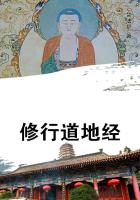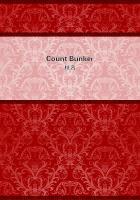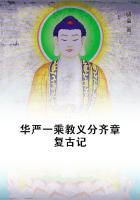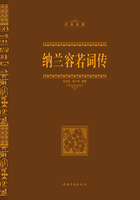But since animals are not able to exchange, the diversity of qualities in animals of the same species but of different races does not benefit any individual animal. Animals are unable to combine the different qualities of their species; they are incapable of contributing anything to the common good and the common comfort of their species. This is not the case with men, whose most disparate talents and modes of activity are of benefit to each other, because they can gather together their different products in a common reserve from which each can make his purchases. Just as the division of labor stems from the propensity to exchange, so it grows and is limited by the extent of exchange, of the market. In developed conditions each man is a merchant and society is a trading association.
Say regards exchange as fortuitous and not basic. Society could exist without it. It becomes indispensable in an advanced state of society.
Yet production cannot take place without it. The division of labor is a convenient, useful means, a skilful application of human powers for social wealth, but it is a diminution of the capacity of each man taken individually.
This last remark is an advance of Say's part.
Skarbek distinguishes the individual powers inherent in man -- intelligence and physical capacity for work -- from those powers which are derived from society -- exchange and division of labor, which mutually condition each other. But the necessary precondition of exchange is private property. Skarbek is here giving expression in objective form to what Smith, Say, Ricardo, etc., say when they designate egoism and private self-interest as the basis of exchange and haggling as the essential and adequate form of exchange.
Mill presents trade as a consequence of the division of labor.
For him, human activity is reduced to mechanical movement. The division of labor and the use of machinery promote abundance of production. Each person must be allocated the smallest possible sphere of operations. The division of labor and the use of machinery, for their part, require the production of wealth en masse, which means a concentration of production.
This is the reason for the big factories.
The consideration of the division of labor and exchange is of the highest interest, because they are the perceptibly alienated expressions of human activity and essential powers as species-activity and species-power.
To say that the division of labor and exchange are based on private property is simply to say that labor is the essence of private property -- an assertion that the political economist is incapable of proving and which we intend to prove for him. It is precisely in the fact that the division of labor and exchange are configurations of private property that we find the proof, both that human life needed private property for its realization and that it now needs the abolition of private property.
The division of labor and exchange are the two phenomena on whose account the political economist brags about the social nature of his science, while in the same breath he unconsciously expresses the contradiction which underlies his science -- the establishment of society through unsocial, particular interests.
The factors we have to consider are these: the propensity to exchange, which is grounded in egoism, is regarded as the cause or the reciprocal effect of the division of labor. Say regards exchange as not fundamental to the nature of society. Wealth and production are explained by the division of labor and exchange. The impoverishment and denaturing [Entwesung] of individual activity by the division of labor are admitted. Exchange and division of labor are acknowledged as producers of the great diversity of human talents, a diversity which becomes useful because of exchange.
Skarbek divides man's powers of production or essential powers into two parts:
(1) those which are individual and inherent in him, his intelligence and his special disposition or capacity for work; and (2) those which are derived not from the real individual but from society, the division of labor and exchange.
Furthermore, the division of labor is limited by the market. HUman labor is simply mechanical movement; most of the work is done by the material properties of the objects. Each individual must be allocated the smallest number of operations possible. Fragmentation of labor and concentration of capital; the nothingness of individual production and the production of wealth en masse . Meaning of free private property in the division of labor.















